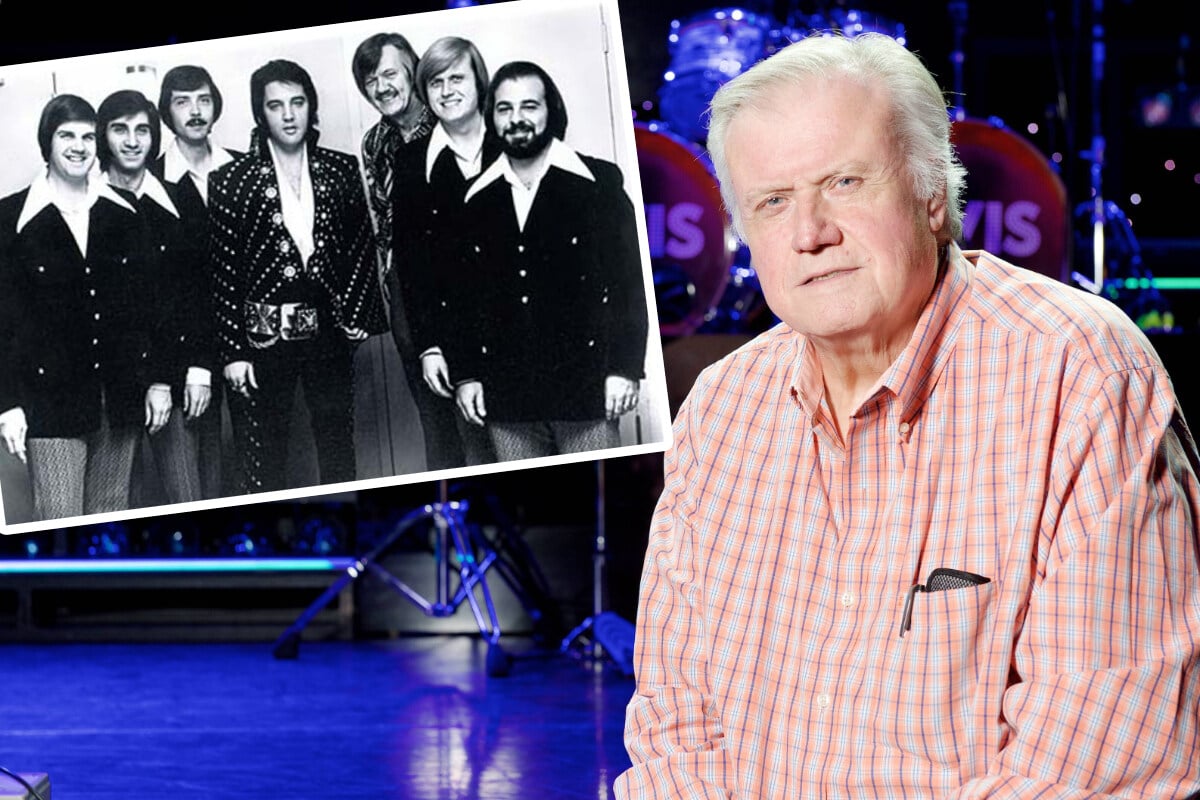Volkswagen’s Transparent Factory in Dresden, Germany, is redefining the concept of car factories with its unique design and sophisticated atmosphere. Unlike traditional car factories that prioritize maximum productivity, this factory stands out for its elegance and creativity.
Designed by architect Gunter Henn, the Transparent Factory is built entirely of glass, giving it a transparent and modern appearance. While luxury brands like Ferrari and Rolls-Royce may come to mind when thinking of sophisticated production centers, Volkswagen has successfully created a factory that exudes sophistication while maintaining its status as a more common brand.
The factory first opened its doors in 2002 with the goal of producing Volkswagen’s flagship model, the Phaeton. This large sedan competed with other luxury vehicles such as the Audi A8, BMW 7 Series, and Mercedes S-Class. The Phaeton boasted technical development and quality, but its downfall was its emblem. However, that story is for another time.
The Transparent Factory provided the perfect setting for the production of the Phaeton. The car was assembled using a combination of robotic processes and manual craftsmanship, creating a unique blend of modern technology and traditional craftsmanship. The factory’s almost museum-like environment added to the overall sophistication of the production process.
Not only is the Transparent Factory visually stunning, but it also incorporates sustainable practices. The factory’s floor is made of wood, adding a touch of warmth to the otherwise sleek and modern space. Additionally, the factory utilizes technologies that minimize its carbon footprint, aligning with Volkswagen’s commitment to environmental responsibility.
The Phaeton was produced at the Transparent Factory until 2016, even sharing production space with the Bentley Continental Flying Spur for a period of time. Since January 2021, the factory has been producing the ID.3, Volkswagen’s electric counterpart to the Golf. The seventh generation e-Golf was also manufactured at this remarkable facility.
To showcase the unique production process and facilities, Volkswagen offers 30-minute tours of the Transparent Factory. Visitors have the opportunity to witness the assembly of the ID.3 and learn about the intricacies of producing an electric car.
Beyond its architectural beauty and technological advancements, the Transparent Factory also demonstrates Volkswagen’s commitment to social responsibility. The company makes donations to support children and individuals battling cancer, further enhancing its positive impact on society.
In a world where car factories are often associated with cold and impersonal spaces, Volkswagen’s Transparent Factory stands out as a symbol of sophistication and innovation. Its transparent design, combination of robotic and manual processes, and commitment to sustainability make it a truly remarkable production center.
What unique amenities and personalized experiences are offered at Volkswagen’s Transparent Factory to enhance the customer’s luxury car buying experience
Or the production of the Phaeton. Its unique design and elegant atmosphere contributed to the overall appeal of the luxury vehicle. The use of glass in its construction highlighted Volkswagen’s commitment to transparency and innovation.
Unlike traditional car factories that focus solely on maximizing productivity, the Transparent Factory prioritizes a more sophisticated approach. The factory’s design allows visitors to observe the entire production process, creating a sense of transparency and openness. This level of transparency is rare in the automotive industry, where most production processes are concealed from the public.
The factory’s architecture, crafted by Gunter Henn, is a testament to Volkswagen’s innovative vision. The use of glass not only provides a modern aesthetic but also serves as a symbol of the company’s commitment to sustainability. Natural light floods the factory, reducing the need for artificial lighting and creating a pleasant working environment for the employees.
In addition to its unique design, the Transparent Factory also offers a range of amenities not typically associated with traditional car factories. Visitors can enjoy a restaurant, a café, and even a car delivery center where they can take delivery of their newly purchased vehicles. This creates a memorable and personalized experience for customers, aligning with Volkswagen’s goal of providing a high-end experience.
Overall, Volkswagen’s Transparent Factory in Dresden, Germany, redefines the concept of car factories by combining elegance, transparency, and creativity. It stands as a symbol of Volkswagen’s commitment to innovation and quality, proving that a car factory can be more than just a place of production but also a destination that showcases the brand’s values and vision.


“Volkswagen’s Transparent Factory is a breeding ground for excellence, where innovation and precision collide. This sophisticated production center sets a new benchmark for transparency in the automotive industry, paving the way for a promising future of cutting-edge manufacturing.”